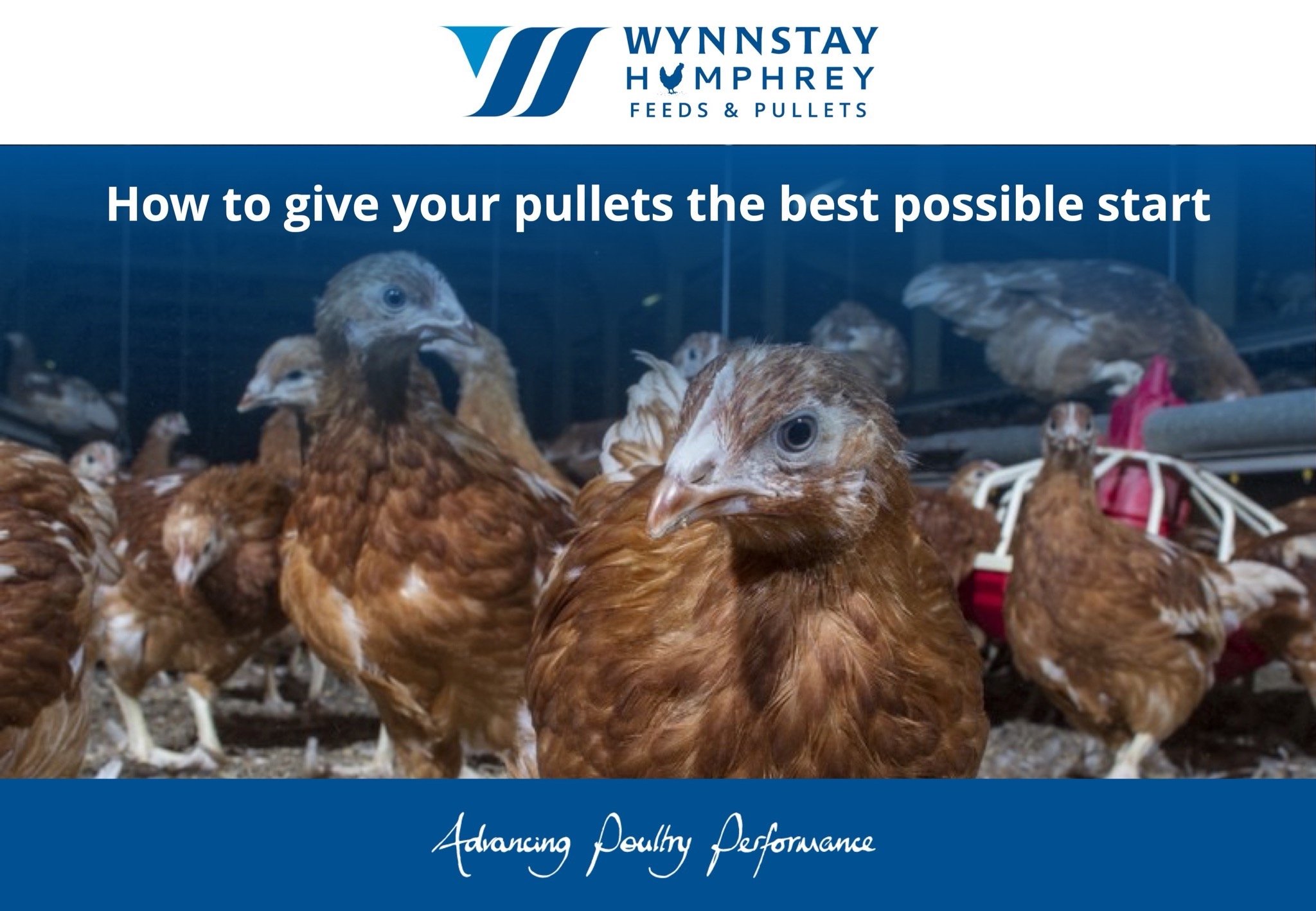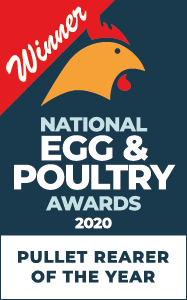Parasitic worms can have a severe impact on the health and laying performance of your flock. Here’s our quick guide to preventing worm infestation.
For more information please download our eBook titled: How to prevent and treat worms in free range flocks.
How do worms infect poultry?
Parasitic worms are programmed to reproduce at astonishing rates - each infected bird can excrete thousands of worm eggs every day, each of which will start the infection cycle afresh as it grows and finds a new host.
Birds may be infected directly by ingesting worm eggs or larvae direct from the ground, whilst indirect infections can occur as a result of the bird ingesting an intermediate host such as an earthworm. Both worm eggs and larvae can also be carried to your flock on footwear, clothing and equipment, an unseen but potent form of contamination.
Worm eggs need warmth and moisture to develop, so are more widespread outdoors in the spring and summer months. Litter systems on poultry farms can provide this warm, moist environment all year round, so if one bird is infected worm burdens can multiply rapidly.
How to prevent worm infestation
The key to breaking the chain of infestation is good range management and hygiene, minimising the chances that parasitic worms will find their way into your flock. Our top tips for keeping worms at bay are:
Wormed pullets
Check that your supplier worms pullets before delivery, so that they do not arrive bearing unwelcome gifts. All Humphrey Feeds & Pullets pullets’ are wormed in rear.
Biosecurity
Follow good hygiene practices for any interaction with stock, so that the chances of transmission from items such as boots or equipment are minimised through foot dips and other precautions.
Good range management
Infected birds (including wild birds) will excrete worm eggs onto the range. Sunlight can penetrate and destroy worm eggs, so by keeping any vegetation short you increase the chance nature will give you a helping hand.
By contrast, damp areas provide the perfect spot for worm eggs to develop. Waterlogged soils should be drained where possible, muddy areas dried with gravel, and rain emptied from any items that might hold stagnant water.
Careful hygiene
Keep bedding as dry as possible and clean water systems regularly. Completely clean and sanitise housing before introducing new poultry. Good hygiene practices, including terminal hygiene measures, should include disinfectants which destroy worm eggs.
More on worms and their impact on laying flocks
We hope this helps you keep your flock free of worm infestation. For more information on spotting and treating worms please get in touch by calling 01962 764 555 or email.

















